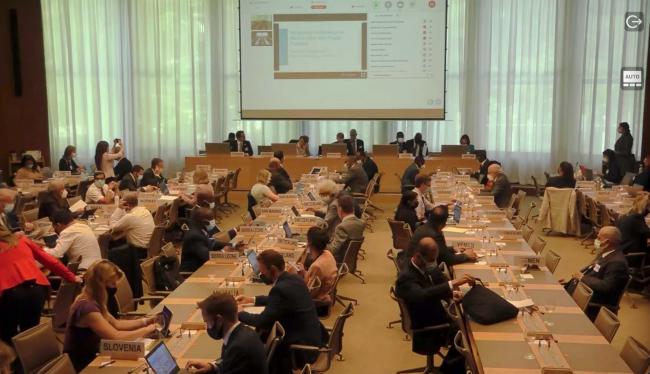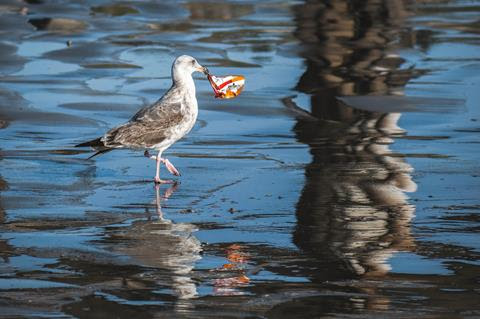Many countries, including Canada, are calling for an ambitious, legally binding agreement on plastics, emphasizing the urgency of coordinated global action to address the entire lifecycle of plastics, from production to disposal.
Amidst growing urgency to stem the transboundary tide of marine litter and plastic pollution, delegates from around the world gathered in person and online this week for a two-day meeting on this issue. The goal of this government-led Ministerial Conference is to keep the topic of marine litter and plastic pollution high on the political agenda ahead of the resumed fifth session of the United Nations Environment Assembly (UNEA 5) in 2022.
Specifically, the co-conveners aimed to “build momentum and political will to advance a coherent global strategy to end marine litter and plastic pollution.” The co-conveners are concluding these informal consultations with a ministerial statement calling on UNEA to initiate negotiations of a new global instrument that will complement existing mechanisms and initiatives to address this critical issue.

Interventions highlighted the systemic nature of this problem, with many participants underscoring the need for cross-sector collaboration to effectively address the drivers of these issues. Several participants urged addressing the full lifecycle of plastics, including production, consumption, and disposal.
For example, representatives of the World Trade Organization (WTO) highlighted the inextricable relationship between environment and economics, outlined ongoing initiatives within the WTO to begin addressing problems with plastic pollution, and underscored the opportunity for strengthening collaboration with other organizations and stakeholders.
For further information, including video clips from the meetings, click here.
Featured images courtesy of the International Institute of Sustainable Development.









